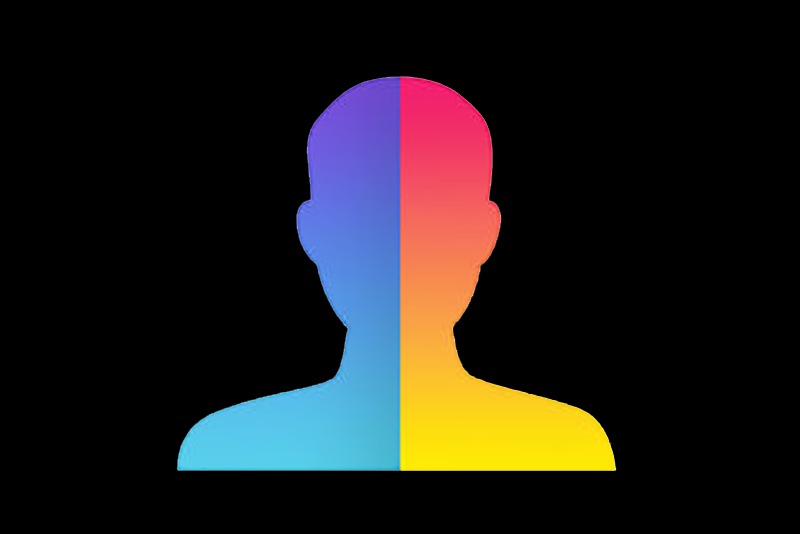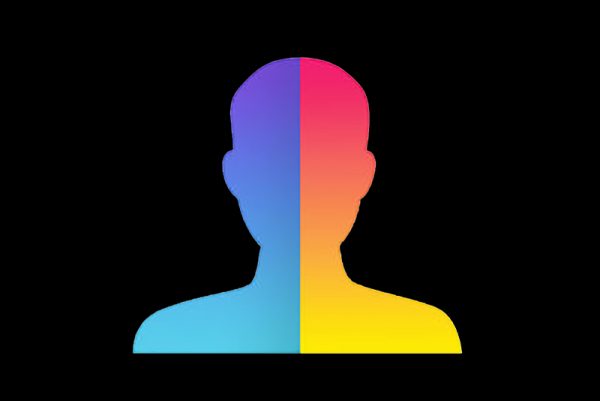FaceApp is a massively popular face-altering app for Android and iOS, but there are privacy concerns about its AI tech. FaceApp gives people the power to change their facial expressions, looks and age for several years. At the same time, there have been questions about privacy as some parts of its Terms and conditions state that it has been given the power to use the pictures and names of its users for any purpose it so wishes.
With the FaceApp Challenge trending on social media with many celebrities and individuals taking part in the challenge, millions of people have downloaded the app from Google Play and the app is now one of the top-ranked apps on the iOS App Store according to App Annie.
This comes at the heel of the Facebook-Cambridge Analytica data scandal in which data privacy was breached and people’s personal information was harvested for political uses under the guise of a personality test.
Everyone’s seen them: friends posting pictures of themselves now, and years in the future.
According to FaceApp’s terms of service, the use of the app gives the company a never-ending and irrevocable royalty-free license to do anything they want with the user content:
“You grant FaceApp a perpetual, irrevocable, nonexclusive, royalty-free, worldwide, fully-paid, transferable sub-licensable license to use, reproduce, modify, adapt, publish, translate, create derivative works from, distribute, publicly perform and display your User Content and any name, username or likeness provided in connection with your User Content in all media formats and channels now known or later developed, without compensation to you. When you post or otherwise share User Content on or through our Services, you understand that your User Content and any associated information (such as your [username], location or profile photo) will be visible to the public.”
The term of use may not be dangerous and would likely stay on Amazon servers in America, that doesn’t mean it does have consequences, as Peter Kostadinov of PhoneArena says:
“You might end up on a billboard somewhere in Moscow, but your face will most likely end up training some AI facial-recognition algorithm.”
–Peter Kostadinov
The past few years have taught us that the data collected by viral Facebook apps are not always used for the purposes that we might assume. And, that the data collected is not always stored securely, safely, or privately. According to a report from FaceApp Founder Yaroslav Goncahrov, the data collected through photo processing will be uploaded to the cloud. He said:
“We only upload a photo selected by a user for editing. We never transfer any other images from the phone to the cloud… We might store an uploaded photo in the cloud. The main reason for that is performance and traffic: we want to make sure that the user doesn’t upload the photo repeatedly for every edit operation. Most images are deleted from our servers within 48 hours from the upload date.
Users can also request that all user data be deleted. And users can do this by going to settings, then support and opt to report a bug, using the word “privacy” in the subject line message.“
-Yaroslav Goncahrov
But we all know that once something is uploaded to the cloud, you’ve lost control whether or not you’ve given away legal license to your content. This is a good reason to be wary when an app wants to access, and a license to your digital content and/or identity. The app doesn’t have to be doing anything disreputable to make you cautious about giving it that much access to your digital content.
This may seem like a ruse or a “storm in a teacup” raised by a tweeter but then, the question lingers: how much information is too much? What is safe use for an ignorant user and what isn’t?
Sources:
Forbes
Wikipedia
Featured Image Source: Leedaily


